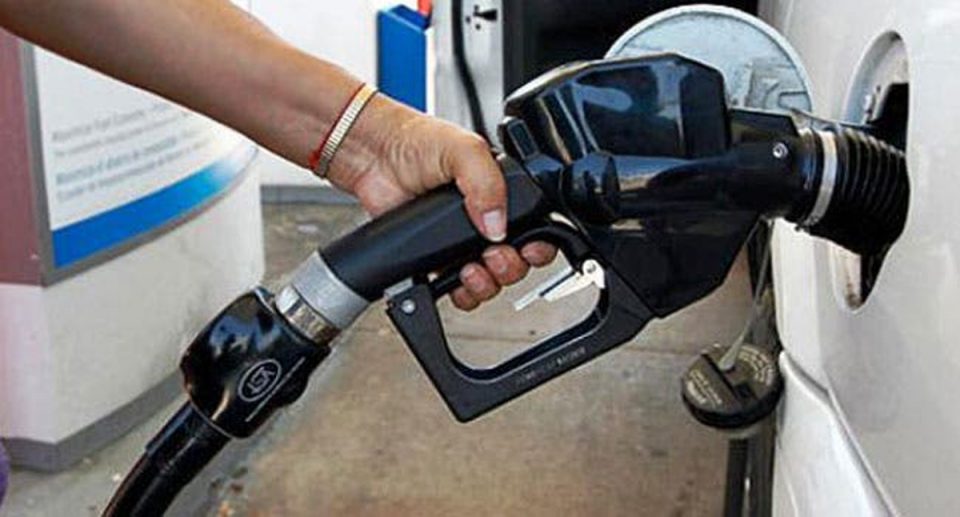Marketers of Premium Motor Spirit, popularly called petrol, have explained the reasons for the disparity in the pump price of the commodity in various filling stations across the country.
Since after the widespread scarcity of petrol between January and February this year, many filling stations outside, especially Abuja and Lagos, had been dispensing PMS at rates higher than the approved N162 to N165/litre band.
It was gathered that the pump prices of petrol now ranged from N165/litre in major cities such as Lagos and parts of Abuja, to as high as between N180 and N200/litre in other states, particularly in remote locations.
Our correspondent also learnt that some private depots were dispensing the commodity to retailers at N174/litre, higher than the approved ex-depot price of N143/litre, as this had also contributed to the high pump prices in some areas.
Providing explanation for the price disparity of petrol across the country, the Public Relations Officer, Independent Petroleum Marketers Association of Nigeria, Chief Ukadike Chinedu, said this was due to factors such as supply, source and cost of supply, among others.
He said, “Supply, in terms of economics, determines the price. When there is surplus supply, you will find out that there will be an elasticity in price and this will lead to downwards price because there is sufficient supply.
“So when there is sufficient supply, then competition for sales will come and price elasticity will set in, and this will ensure that the price will now flow downwards. However, you know that scarcity brings upward review of price.”
He, however, stated that though the competition was gradually rising in the downstream sector, supply had not been as smooth as it was before the widespread scarcity that was witnessed in January and February.
The IPMAN official stated that the source of supply was another factor that had warranted a higher cost price than the government-approved rate.
Ukadike said, “The other factor that you will also look at is the source of supply and the price at which the product is supplied. For most NNPC depots, products are being purchased at government-approved rates, which require marketers to sell at regulated pump prices.
“But there is a little drift in price in terms of the private depots, as many of them are not selling at N142-N143/litres as stipulated and sold in government depots. So in private depots they sell at N174/litre.
“This is why you see that some filling stations are selling at N185, N190 and N200/litre depending on the proximity of the station towards the satellite depot or the depot of purchase.”
He noted that the cost of transportation was also being factored in by some retail outlets despite the bridging fund for this purpose, which was provided by the government.
“These are all the factors causing price disparity. I also want to let you know that there is an upward review in the cost of haulage, especially in terms of trucking,” Ukadike stated.
He added, “Diesel is currently sold above N600/litre, which is against the N300 to N400/litre price some weeks ago. So it is about a 90 per cent increase and these factors have made price instability continue.
“But we commend the NNPC for trying to ensure that products get across to the government depots, as this will definitely force down price and marketers will reverse to the N162-N165/litre benchmark.
“I want to assure you that there is no scarcity now but there is a bit of price adjustments, which is basically because of the means of sourcing the product.”
Ukadike further noted that at times some middlemen tend to profiteer and that this had also contributed in petrol price discrepancies across filling stations.
When asked why some private depots were selling above the stipulated rate of N143/litre, a depot operator and official of the Depot and Petroleum Products Marketers Association of Nigeria, stated that some of the charges paid by depots had also increased.
“Most tank farm owners are paying higher cost than what they use to pay before, as rates for vessels and some other logistical charges for the movement of products to the tank farms or depots have risen,” the source, who pleaded not to be named due to lack of authorisation to speak on the matter, stated.
The source added, “Now since people involved in the trucking of petrol have reviewed their rates upwards, those who use vessels powered by diesel, have adjusted their costs too and it has impacted on the final cost in some places.”
The spokesperson of the Nigerian Midstream and Downstream Regulatory Authority, Kimchi Apollo, had repeatedly stated that there was no price increase by the agency.
“The authority has not approved a change in price, whether ex-depot or pump price and it is illegal to sell above the regulated prices,” he stated.
Apollo told our correspondent that the authority would continue to ensure that marketers abide by the approved prices, as the government was working hard to ensure the adequate provision of petroleum products nationwide.




